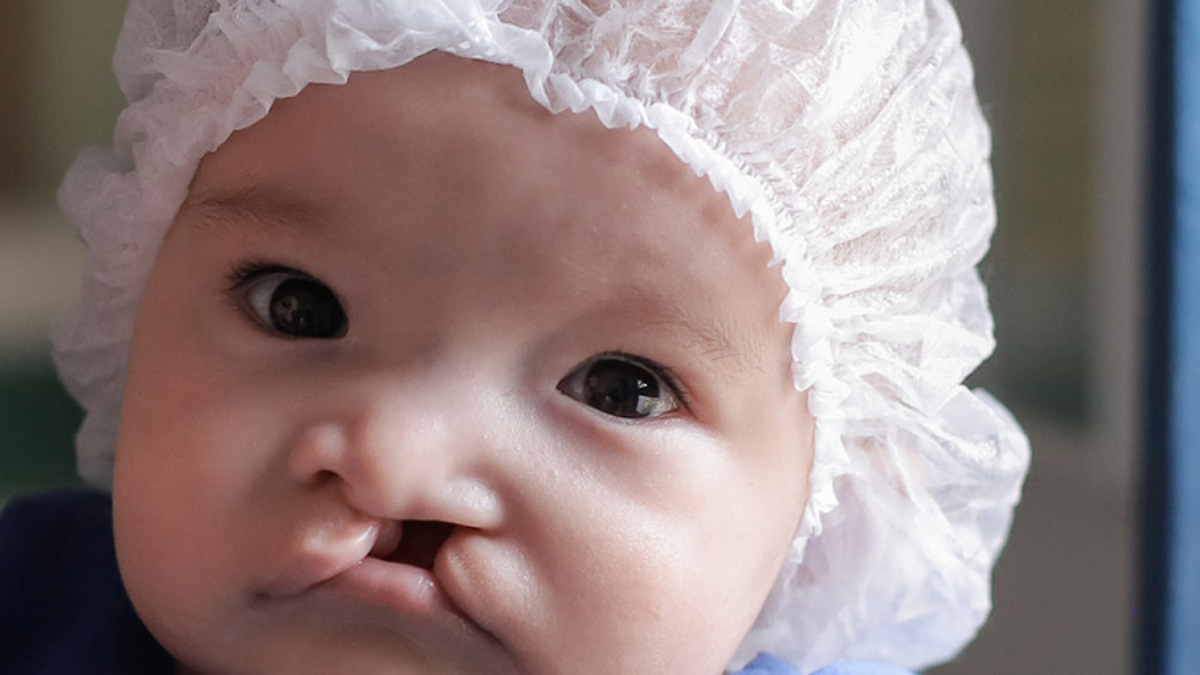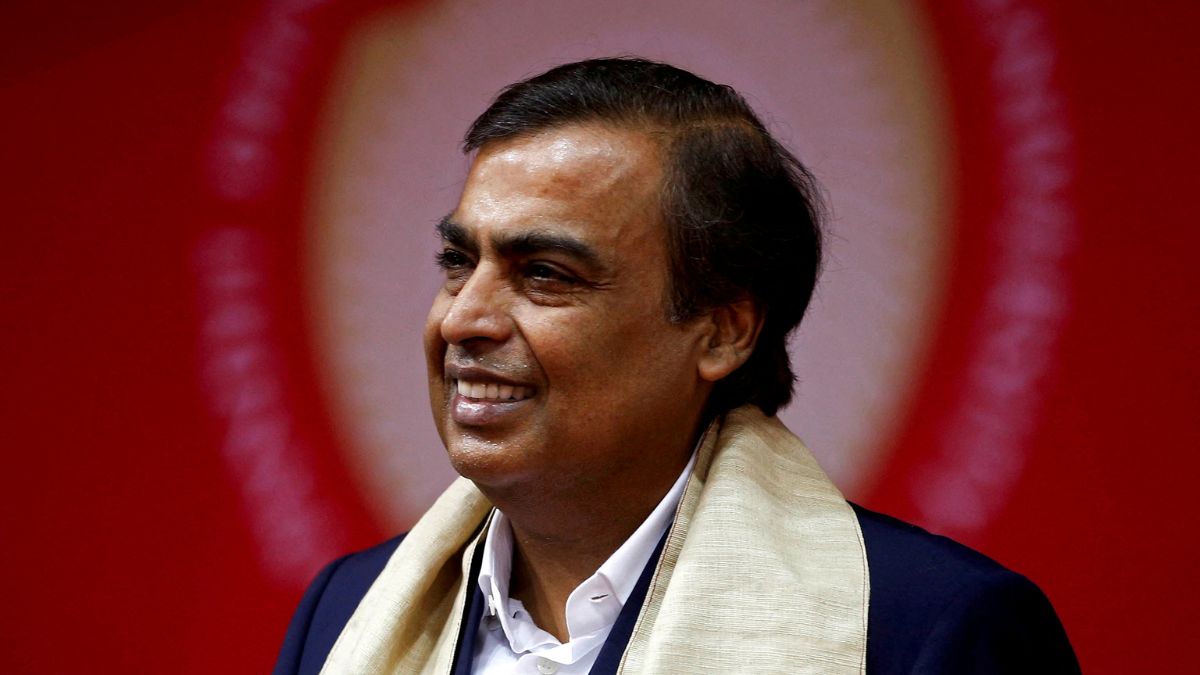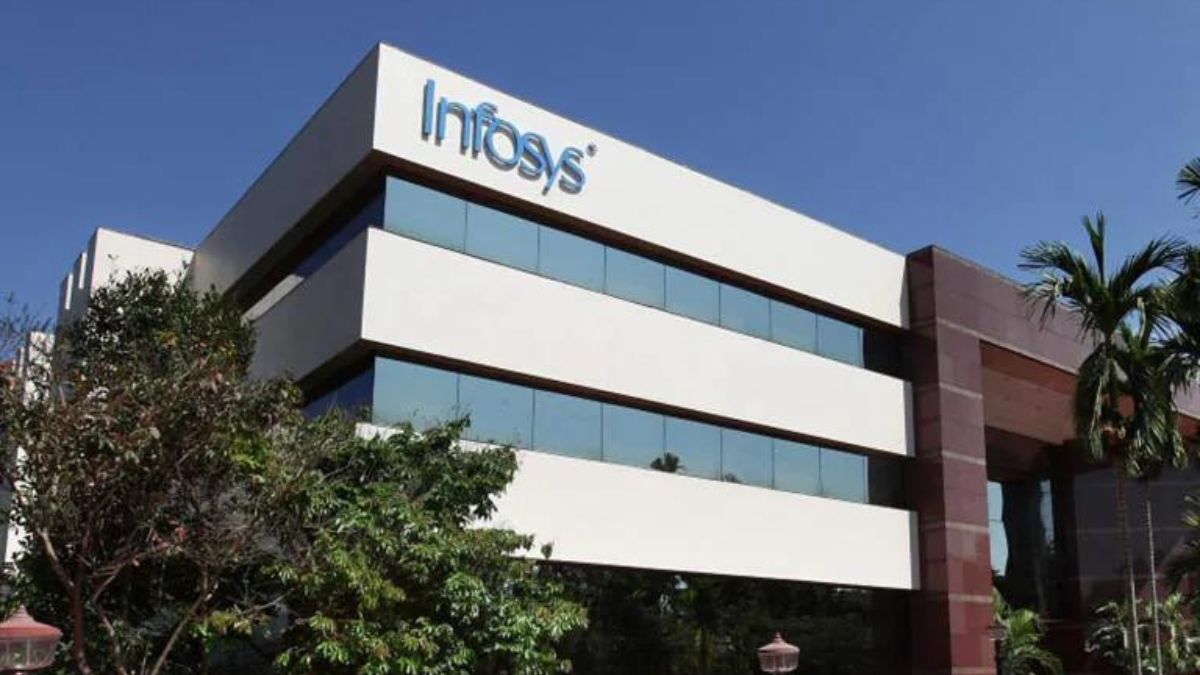KPMG India was commissioned by Smile Train India to conduct an independent nationwide social impact assessment of twenty years of their work in India read more
)
Orofacial clefts, one of the most common facial birth differences, affect 1 in 700 babies globally. In India, more than 35,000 children are born with a cleft each year. Clefts can lead to significant difficulties in eating, breathing, hearing, and speaking, hindering individuals from fully reaching their potential.
Opportunity for Free Cleft Surgery and Treatment
Having identified the challenges, Smile Train - the world’s largest cleft-focused organization, has been championing free cleft surgery and comprehensive cleft care for children globally since 1999. Guided by its sustainable “teach a person to fish” model, Smile Train empowers local medical professionals to provide ongoing comprehensive cleft care in their communities.
Since 2000, Smile Train’s program in India has partnered with 325+ hospitals, supporting 700,000+ cleft surgeries and 20,000+ non-surgical treatments, benefiting 500,000+ individuals with clefts.
Celebrating Milestones
As Smile Train celebrates its 25th anniversary, it has proudly supported its two-millionth surgery globally, marking a significant milestone. To commemorate this achievement, the organization commissioned a global Economic Impact Study and an India-specific Quality of Life and Impact Report.
The global study revealed that for every $400 USD invested in a cleft surgery, as much as $60,000 USD is generated in the local economy over a patient’s lifetime, yielding a 150x return on investment. In India, Smile Train’s support has impacted children and their families, contributing an astounding $16 billion USD to the economy.
KPMG India was commissioned by Smile Train India to conduct an independent nationwide social impact assessment of twenty years of their work in India.
The report underscores several significant findings: 100% of the surveyed parents whose children availed cleft treatment at Smile Trian’s partner treatment centers had reduced financial burden and enhanced access to cleft treatment, while 70% could not have accessed treatment without Smile Train’s help. After cleft treatment, 90% of individuals with clefts reported better social and peer interactions, and 83% noted no difficulties with facial functions such as eating and drinking.
The Social Return on Investment (SRO)I for the project was estimated to be INR 5.01, meaning that for every INR 1 invested by Smile Train, INR 5.01 of social value was created for the direct beneficiaries.
Policy Recommendations:
Invest in Surgical and Anaesthesia Care including the training and education of the surgical health workforce.
Invest in the distribution and ongoing maintenance of critical patient monitoring equipment.
Include palate examination in newborn healthcare guidelines to ensure appropriate support with nutritional and surgical referrals.
Develop National Guidelines for Cleft Care and put protocols in place for reporting cleft cases.
Establish Population-Based Registries for reporting and counting clefts and other birth differences.
Collaborate with trusted community leaders to combat the stigma and spread awareness.
Build Social Protection Programs to support mothers of children with clefts through counseling, guidance, and other entitlements.
Revise National Nutrition Guidelines to address the needs of all infants and young children.
By implementing these recommendations, the government, in collaboration with health bodies and organizations like Smile Train can significantly enhance inclusive healthcare for vulnerable children with birth differences.

 2 months ago
16
2 months ago
16
)
)
)
)
)
)
)
)
)
)
)
)
)
)
)
)
)
)
)
)
)
)
)
 English (US) ·
English (US) ·